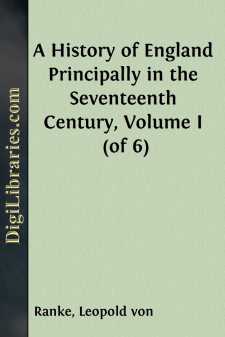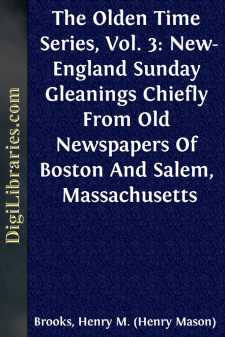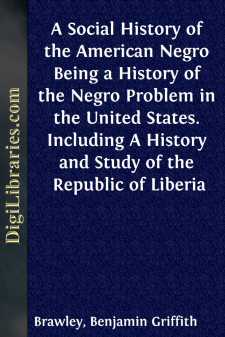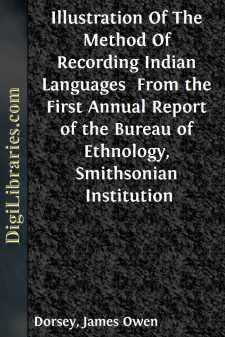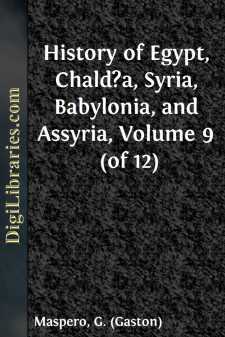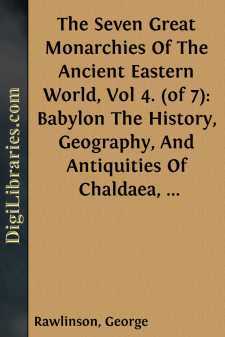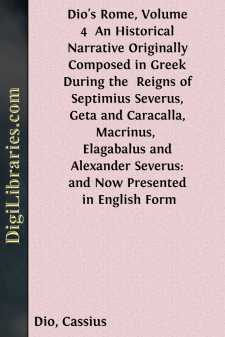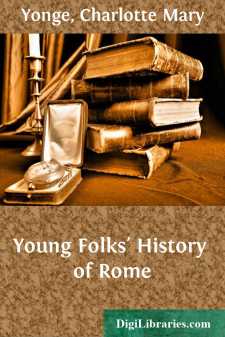Categories
- Antiques & Collectibles 13
- Architecture 36
- Art 48
- Bibles 22
- Biography & Autobiography 815
- Body, Mind & Spirit 144
- Business & Economics 28
- Children's Books 18
- Children's Fiction 14
- Computers 4
- Cooking 94
- Crafts & Hobbies 4
- Drama 346
- Education 58
- Family & Relationships 59
- Fiction 11835
- Games 19
- Gardening 17
- Health & Fitness 34
- History 1378
- House & Home 1
- Humor 147
- Juvenile Fiction 1873
- Juvenile Nonfiction 202
- Language Arts & Disciplines 89
- Law 16
- Literary Collections 686
- Literary Criticism 179
- Mathematics 13
- Medical 41
- Music 40
- Nature 180
- Non-Classifiable 1768
- Performing Arts 7
- Periodicals 1453
- Philosophy 65
- Photography 2
- Poetry 896
- Political Science 203
- Psychology 44
- Reference 154
- Religion 515
- Science 126
- Self-Help 85
- Social Science 83
- Sports & Recreation 34
- Study Aids 3
- Technology & Engineering 59
- Transportation 23
- Travel 463
- True Crime 29
Our website is made possible by displaying online advertisements to our visitors.
Please consider supporting us by disabling your ad blocker.
A History of England Principally in the Seventeenth Century, Volume I (of 6)
Description:
Excerpt
PREFACE.
Once more I come before the public with a work on the history of a nation which is not mine by birth.
It is the ambition of all nations which enjoy a literary culture to possess a harmonious and vivid narrative of their own past history. And it is of inestimable value to any people to obtain such a narrative, which shall comprehend all epochs, be true to fact and, while resting on thorough research, yet be attractive to the reader; for only by this aid can the nation attain to a perfect self-consciousness, and feeling the pulsation of its life throughout the story, become fully acquainted with its own origin and growth and character. But we may doubt whether up to this time works of such an import and compass have ever been produced, and even whether they can be produced. For who could apply critical research, such as the progress of study now renders necessary, to the mass of materials already collected, without being lost in its immensity? Who again could possess the vivid susceptibility requisite for doing justice to the several epochs, for appreciating the actions, the modes of thought, and the moral standard of each of them, and for understanding their relations to universal history? We must be content in this department, as well as in others, if we can but approximate to the ideal we set up. The best-written histories will be accounted the best.
When then an author undertakes to make the past life of a foreign nation the object of a comprehensive literary work, he will not think of writing its history as a nation in detail: for a foreigner this would be impossible: but, in accordance with the point of view he would naturally take, he will direct his eyes to those epochs which have had the most effectual influence on the development of mankind: only so far as is necessary for the comprehension of these, will he introduce anything that precedes or comes after them.
There is an especial charm in following, century after century, the history of the English nation, in considering the antagonism of the elements out of which it is composed, and its share in the fortunes and enterprises of that great community of western nations to which it belongs; but it will be readily granted that no other period can be compared in general importance with the epoch of those religious and political wars which fill the sixteenth and seventeenth centuries.
In the sixteenth century the part which England took in the work of emancipating the world from the rule of the western hierarchy decisively influenced not only its own constitution, but also the success of the religious revolution throughout Europe. In England the monarchy perfectly understood its position in relation to this great change; while favouring the movement in its own interest, it nevertheless contrived to maintain the old historical state of things to a great extent; nowhere have more of the institutions of the Middle Ages been retained than in England; nowhere did the spiritual power link itself more closely with the temporal....


